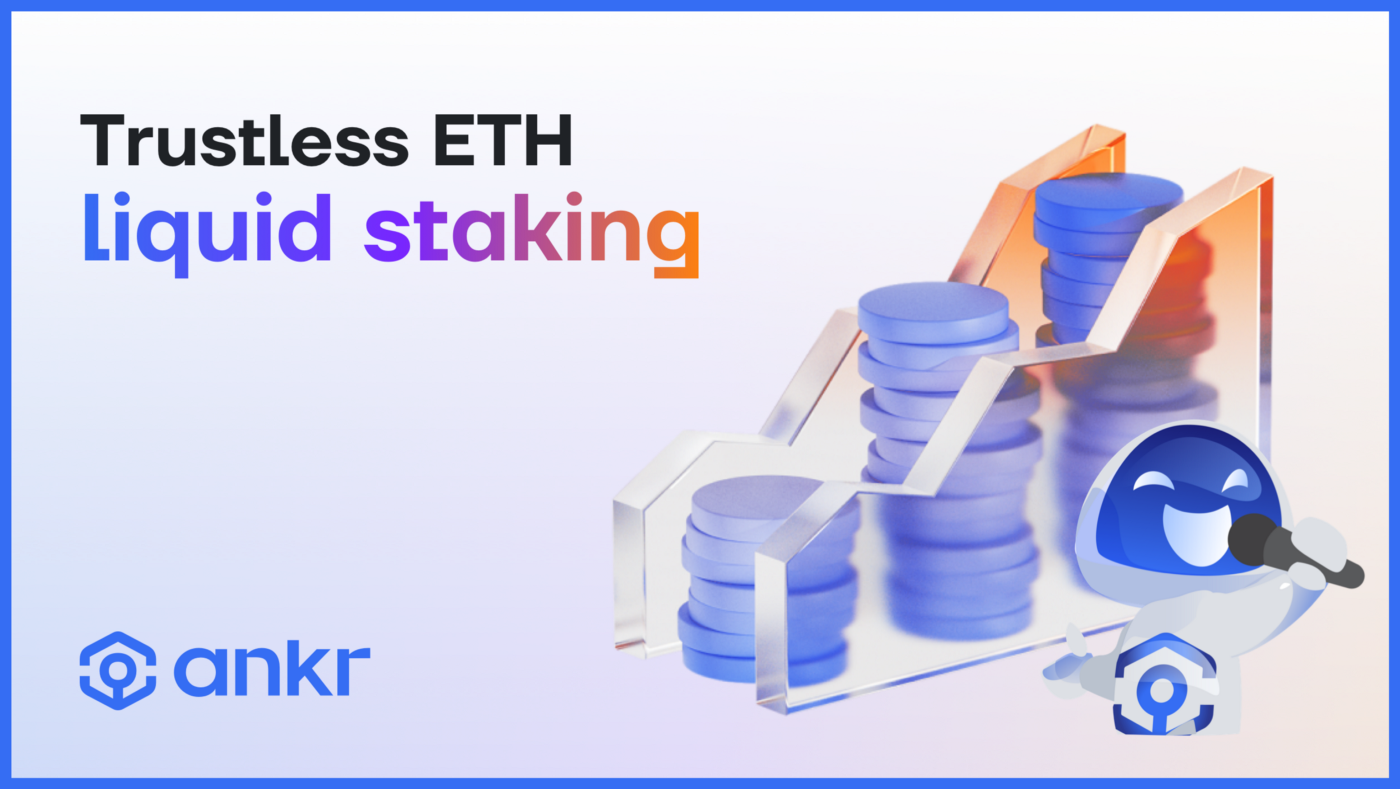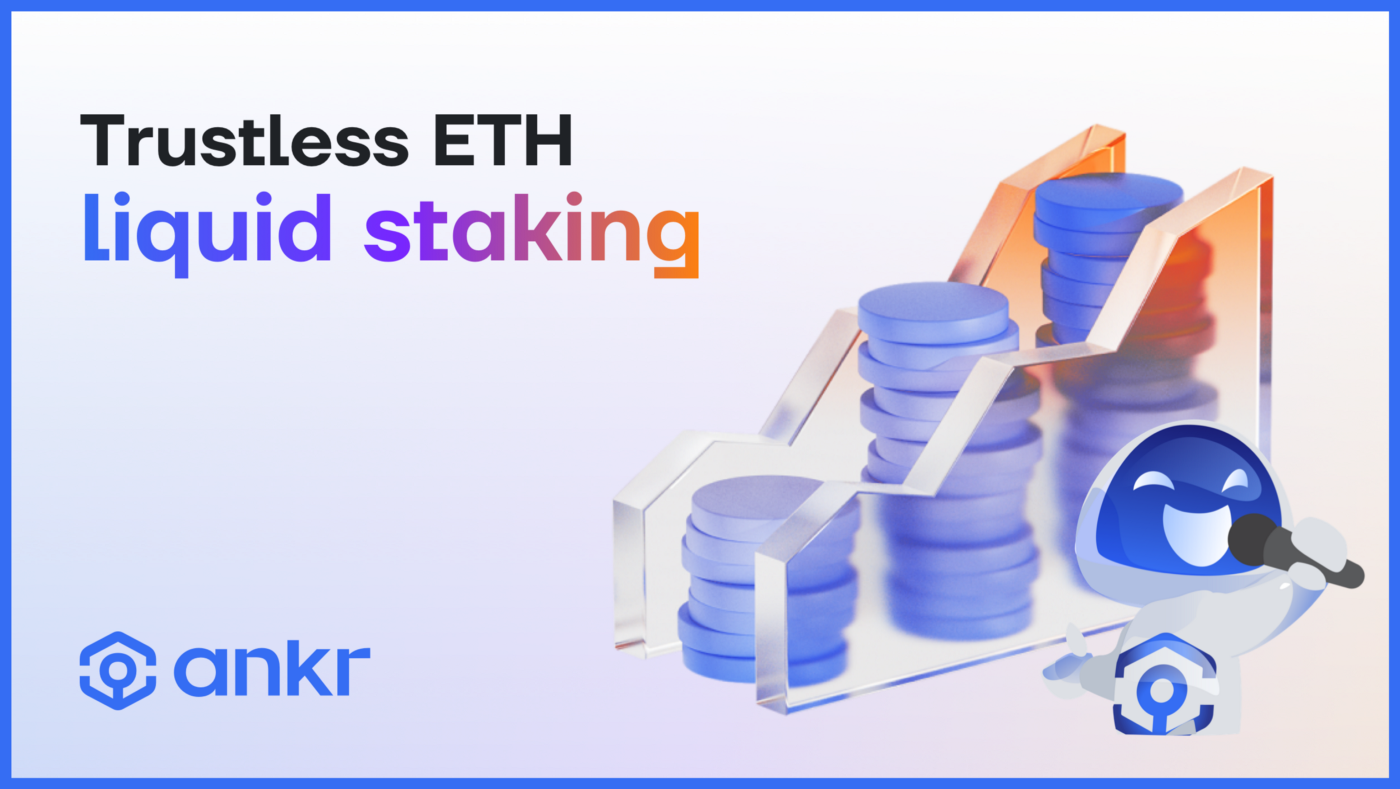Understanding Patterns of Innovation

Ethan Nelson
November 28, 2022
6 min read
If you’re interested in crypto and interested in making long-term gains, not just riding the short term hype then this article series is for you. We’ll be diving into how our psychology plays into good and bad crypto investment decisions – and teaching you how to invest more intelligently.
The principles outlined here are largely influenced by Morgan Housel’s book The Psychology of Money and his podcast with Bankless.
Economic history has repeated itself over and over again and yet we struggle to learn the lessons it has to teach us. Even though crypto is a new technology, it’s not special. It falls into the same patterns as every other market throughout history.
That being said, let's get into the various lessons that psychology and history has to teach us about crypto investing.
It’s Not What You Know, It’s How You Behave That Matters
Finance is one of the only industries where someone with an exorbitant amount of information and expertise can perform worse than an absolute beginner. Succeeding in the world of crypto investing doesn’t depend on how much you know, only on how you behave as the market ebbs and flows.
Furthermore, acquiring wealth as a whole follows the same principle. Getting good at wealth acquisition is about your psychology and behavior more than mere rational competence. For instance, let’s say someone has an expert level understanding of crypto and blockchain. They could even be a developer and understand everything there is to know about the code that powers Web3 infrastructure. Despite all of this competence, if there’s no ability to control impulses and not buy into the hype or fear of the collective market emotions then this person will always get burned in their investment decision.
The best indicator of wealth generation is the investors degree of patience and long-term decision making capabilities.
99% of Projects Will Fail, and That’s Okay
If history has taught us anything it’s that when a new technology is born and a new era emerges it takes thousands of failed attempts before key innovations stand the test of time.
Crypto isn’t excluded from this pattern. The majority of projects in this industry will fail, and in fact we’re seeing this happen. Every week a huge project fails and this is just par for the course. Last weekend Binance suffered a $500 million hack, a few months ago UST collapsed alongside 3AC, Celsius, and Tornado Cash, then stETH depegged, the list is endless.
The key lesson here is that these project failures don’t indicate that the industry is going downhill and blockchain is doomed. In fact it’s a good thing. It means that millions of people are devoted to innovating and inevitably failing big in the process.
The Pattern of How Technologies Are Brought to Market
In his podcast with Bankless, Morgan Housel notes that this is how new technologies have always been brought to market. For instance, in the early 1900s there were 2,000 American car companies. 2,000! You know how many there are today? Three. That’s right: Chrysler, GM and Ford.
Obviously this didn’t mean that automobiles were a failed invention. No. A few key players beat out the rest and now virtually everyone owns a car. Sure, the vast majority of blockchain projects will fail, but a few lucky ones will completely revolutionize the world and life will never be the same again.
There Will Always Be Pushback, That’s Okay
It seems that there’s collective frustration in the blockchain space about why there isn’t more widespread adoption. Everyone within the space can see how this technology will revolutionize the world, but it seems that few else can.
Crypto will follow the same patterns that new technological innovation has taken throughout history. As Housel point out, when cars were invented there was a huge pushback. Resisters thought that they were inhumane to horses, yet look at our transportation systems today.
There will always be pushback to new technological innovations. Sometimes new technology doesn’t quite fit into the worldviews of previous generations and that’s okay. That’s only to be expected. The philosopher who coined the term paradigm-shift, Thomas Kuhn, can help us understand this phenomenon further.
“Paradigm-shifts don't occur by trying to convince people of a new paradigm, they occur when the practitioners of older traditions of science die and new scientists are able to look at both sides impartially and not be blinded by the previous scientific paradigm.”
“Progress is when prior achievements seem problematic because the paradigm is being undermined.”
“A prerequisite to paradigm change and discovery is a deep and often rebellious skepticism of the current scientific model.”
What we’re seeing here is not that money itself is changing, but that our perception of the purpose of money is shifting. Therefore, as Kuhn helps us understand, anomalies and crises are prerequisites to a paradigm shift in science and similarly to economics.
Optimism Always Exceed the Potential of New Tech
The ways that people in the blockchain space think that this technology is going to change the world is likely not the ways that it actually will. The optimism of this technology is often ungrounded, but that doesn’t mean that this technology won’t have widespread implications on how we coordinate across the internet.
Housel points out that particularly when investing in a technology as new as blockchain, the majority of people will likely lose a lot of money and a few lucky ones will strike it hyper-rich.
Furthermore, the success of investors says nothing about the validity of the industry writ large. Let’s step back and take a look at the internet boom of the 1990s. Brian McCullough writes about the internet boom saying “So, who ended up holding the bag? Average investors. Everyday people were the most aggressive investors in the dot-com bubble at the very moment the bubble was at its height — and at the moment the smart money was getting out. By 2002, 100 million individual investors had lost $5 trillion in the stock market.”
Virtually all of these website and business plan companies had little substance behind them and were being valued as multi-million dollar valuations. Does this mean that the internet was useless and nothing good came out of it? Of course not, it has completely revolutionized every aspect of modern life. Yet the way it came to fruition was not exactly how the retail investors of the 90’s thought it would.
Now fast forward to blockchain and the current state of affairs. There are countless overyhyped NFT projects that are valued at millions of dollars in ETH which will likely collapse. Does this mean that NFTs are doomed and won’t contribute anything to the future of how we monetize and own content on the internet? Of course not, something will break through, but there will also be hundreds of projects that will flop and go to zero, tons of people will lose tons of money and that’s just the way innovation plays out.
Conclusion
In order to become a more intelligent investor we need to integrate the lesson that our road to smarter investing isn’t about knowing more information, it’s about learning how to behave more wisely. We’ll talk much more about what it means to behave wisely and not buy into hype cycles in the following articles. Understanding this point can give us solace because the crypto space is so vast and we could never understand it. Rather, we can choose to master a few principles and relate to the space more intelligently as a result.
One aspect of this intelligent relationship to crypto is realizing the majority of crypto projects will fail and that’s okay. The failure of most projects isn’t indicative of the failure of the broader crypto ecosystem, it’s just a marker that trial and error innovation is taking place. Millions of people are moving fast and breaking things when it comes to blockchain and this will lead to massive innovation, but also massive failures.
Similar articles.

Trustless Liquid Staking: Removing Intermediary Risk With SSV Technology

Ethan Nelson
October 28, 2022

If you're new to DeFi, the multiple components of liquid staking might be overwhelming. As a general rule, the more openness and lack of trust,...

How Blockchains Increase Trust In Voting & Elections

Kev Silk
November 7, 2022

Web3 technology is the solution to the current inefficiencies in outdated voting systems.
Watching the World Series last night, I couldn’t help but notice the number...



